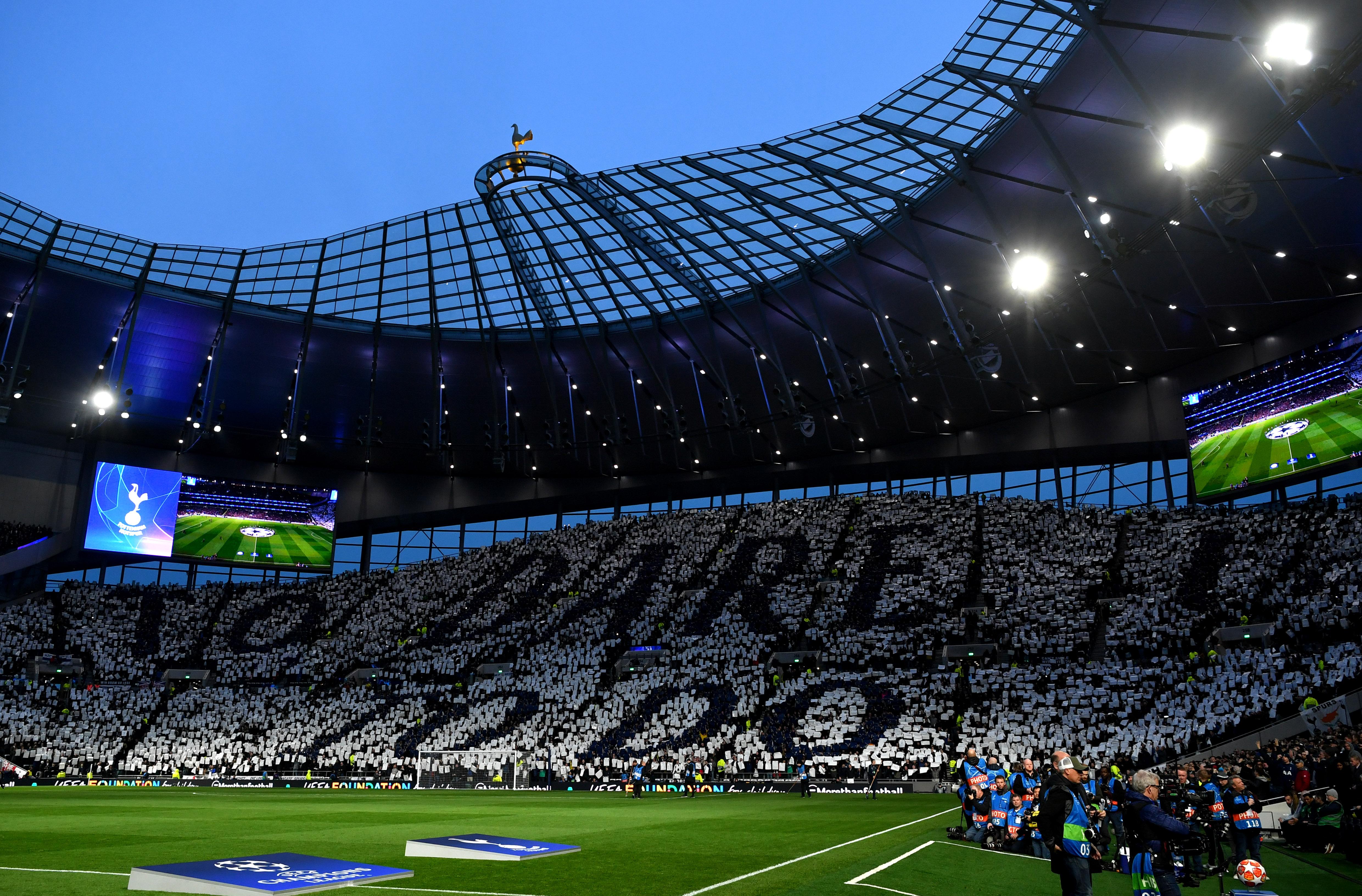
Tottenham Hotspur chairman Daniel Levy has offered a candid, sometimes wry, tour through the modern game’s biggest stress points—profit & sustainability rules (PSR), multi-club ownership, related-party sponsorship, the EFL deal stalemate, and the role government should (or shouldn’t) play—while reflecting on Spurs’ ambitions under their new head coach “Thomas” and the club’s relentless stadium project that has reshaped north London.
Levy’s core message: sustainability isn’t austerity, and English football needs firmer, smarter rules—and quicker decisions—if it’s going to protect competitiveness across the pyramid.
A stadium built ahead of the curve
Levy says Spurs “hit the market at the right time,” borrowing long-term at just over 2.5% before interest rates and post-pandemic, post-Ukraine construction costs spiked. The chairman chaired weekly meetings with contractors and designers, pushing through details that now define the venue: the vast single-tier South Stand (inspired by Dortmund), a glass—not plastic—roof, an in-stadium craft brewery in partnership with Beavertown, and an art gallery housed in the restored, 400-year-old Warmington House.
The pitch system remains a showpiece: a grass Premier League surface that slides under the South Stand to reveal an NFL field beneath—allowing concerts (hello, 50 Cent), gridiron, and football to coexist.
“We were all very engaged,” Levy says of the build. “You keep adding… it always costs more.”
State of the game: rules, regulation and the cliff edges
Levy expects “a period of change” as government regulation arrives—change he personally opposes. He argues the FA should have taken a stronger arbitrating role, bringing the sport together before Westminster stepped in. Still, he accepts regulation is “coming, so we have to accept it and embrace it.”
On the EFL revenue-sharing debate, Levy insists “the Premier League would do a deal today”, but says disagreement within the EFL has stalled progress. He backs smoothing the infamous “cliff edges” from top to bottom, paired with spending controls in the lower leagues so new money doesn’t simply inflate costs.
Levy also supports mandatory relegation-wage clauses across the 92, calling it essential to sustainability—though he acknowledges the political reality: you still need 14 Premier League clubs to vote it through.
“Sometimes you may have to give up something for the good of the game. We, as Tottenham Hotspur, would give up some of our revenues if it was for the long-term good.”
Multi-club ownership & related-party sponsorship
Levy’s biggest red flags: multi-club ownership (MCO) and related-party transactions (RPTs). With money flooding into the sport, he warns that without tight controls, either system can be abused—distorting competition and damaging confidence among sponsors and broadcasters.
He wants more detailed oversight of related-party deals, ideally with Europe-wide consistency, and caution around MCO structures whose internal transfers and shared resources can outpace traditional checks and balances.
The 115-charges case and speed of justice
Without naming names, Levy calls it “shameful” that the Premier League’s most high-profile charges case has dragged on so long. Process is fine; endless process isn’t.
“It needs to be brought, for the good of the game, to a conclusion—one way or another.”
Spurs’ football decisions, fans and the new “Thomas” era
Levy rejects the notion that he meddles in player picks or one-to-one transfer choices: the coach and technical staff choose targets; he negotiates. The board collectively hires coaches, he says—“ultimately the decision has to rest with me, but it’s always a collective.”
Recent history has been whiplash: Spurs lifted a European trophy under “Andrew,” yet finished 17th with 22 league losses—form that forced a hard call. Enter Thomas, whom Levy praises as intelligent, communicative, and development-minded.
He pledges backing “to the best of our ability,” noting Spurs have been among England’s top net spenders since the stadium opened, while reiterating that success is about more than fees: balance, coaching, and a slice of luck still matter.
“We just want to compete at the highest level… as soon as possible, but no pressure.”
On the human side, Levy admits fan protests “hurt”—and that results shape his weekends, same as any supporter. “You’re in this to win,” he says. “When you don’t, it’s no fun.”
Lighter moments from the tour
Harry Kane’s old box: “Harry’s got a bigger kitchen than I’ve got at home.”
Concert mode: A dry glance at 50 Cent’s upcoming show—“Ask my kids.”
“Transfer beams”: A structural-engineering detour that would make any quantity surveyor proud.
The bottom line
Levy’s Spurs are a case study in scale + discipline: global stadium, diversified revenues, and a football department he says is empowered to choose its players. His prescription for the wider game—smoothed distributions, hard-coded wage controls, strict rules on MCO and related-party deals, and faster adjudication—aims to keep ambition high without letting the economics run wild.
Whether you agree with his aversion to government regulation, the picture is coherent: build big, spend smart, and put rules in place that stop the richest from bending the sport out of shape.
Five quotes that matter
On giving ground for the pyramid: “We… would give up some of our revenues if it was for the good of the game over the long term.”
On the long-running charges case: “It’s shameful it’s gone on so long.”
On related-party deals: “There should be more detailed control… ideally a European rule.”
On relegation clauses: “There should absolutely be relegation clauses in all player contracts.”
On his role in transfers: “I do not interfere in the decision-making on this player versus that player.”
Quick fact box: Tottenham Hotspur Stadium
Single-tier South Stand inspired by Dortmund’s Yellow Wall
Retractable grass pitch over a permanent NFL field
Glass roof (by design and environmental preference)
In-stadium craft brewery partnership with Beavertown
Warmington House art gallery: a listed building restored on site
If you only read one thing
Levy wants a sustainable arms race: ambition with brakes—firmer rules on MCO and related-party deals, smoothed revenue curves, mandatory relegation clauses, and fewer endless cases in the courts.